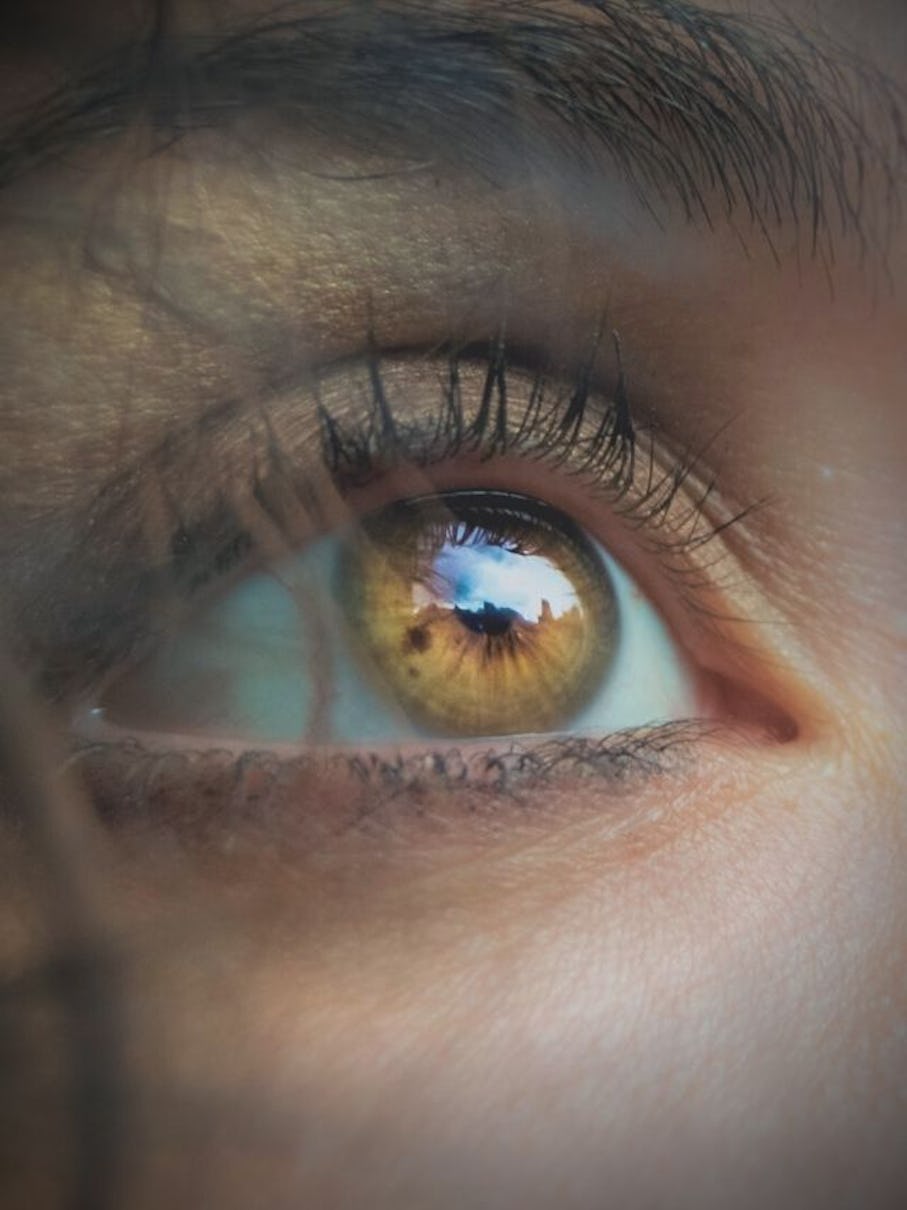
Dry Eyes - Lasting Relief

Contact Lenses - making them more comfortable

Hay Fever - Relieve Itchy, Watery Eyes
Itchy eyes can be very annoying and distracting and affect many people. The urge to rub your eyes can be intense, but resisting the temptation as much as possible is essential.
This article explores the causes of itchy eyes, why you shouldn’t rub them, why it feels so good when you rub them, how to avoid rubbing your eyes when they’re itchy and irritated, and how to prevent itchy eyes in the first place.


Rubbing itchy eyes can feel very good because it releases histamine, a chemical that causes itching, and stimulates the production of endorphins, the body’s natural painkillers.
The physical pressure of rubbing the eyes can also help to relieve itching and discomfort. However, while rubbing itchy eyes may provide temporary relief, it is not a long-term solution. It can actually make the itching worse in the long run.

Rubbing your eyes can also cause damage to the delicate skin and tissues around the eyes. It can even lead to wrinkles and dark circles over time.
Rubbing your eyes can be tempting when itchy, but it is not recommended. Rubbing your eyes can make the itching worse, spreading allergens and irritants from your fingers to your eyes.
Rubbing your eyes can also increase the risk of eye infections, as it can spread bacteria and viruses from your hands to your eyes.
Eye rubbing can cause thinning and weakening of the cornea, leading to bulging and distorted vision in susceptible individuals (known as keratoconus). Long-term damage may require a corneal transplant or specialised contact lenses.
Rubbing your eyes with a foreign object can cause damage to your cornea. This can lead to a variety of problems, such as:
(1) Scratches or abrasions on the cornea, known as a corneal abrasion.
(2) Inflammation and swelling of the cornea.
(3) Infections, such as bacterial or viral conjunctivitis.
(4) Weakened corneal structure, which can make it more susceptible to injury and disease in the future.
Excessive eye rubbing can also lead to bloodshot eyes, dark circles, and wrinkles around the eyes.
Rubbing is particularly harmful to those with progressive myopia or glaucoma. It can worsen eyesight and cause permanent vision loss, retinal tear or detachment, and heightened eye pressure.


Itchy eyes can be a very annoying and distracting problem. Rubbing your eyes can make itching worse, cause damage to the delicate skin and tissues around the eyes, increase the risk of eye infections, etc. So, resisting the urge to rub your eyes as much as possible is essential.
If your itchy eyes persist, get worse and/or are accompanied by other symptoms, such as redness, discharge, or vision problems - you should arrange to see an ophthalmologist or other medical professional for proper evaluation and treatment.
